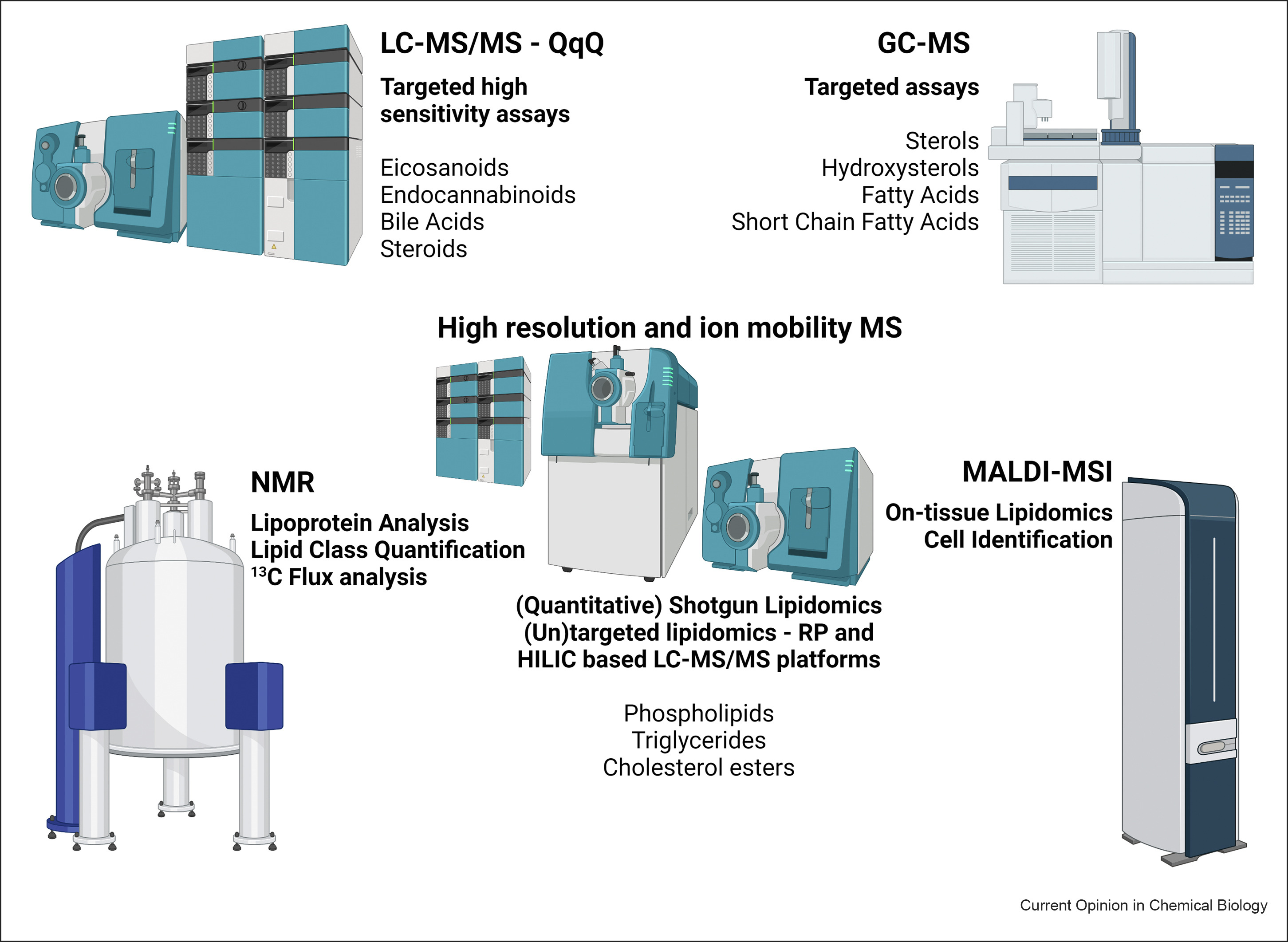Elsevier, Current Opinion in Chemical Biology, Volume 72, February 2023
Despite being a relatively new addition to the Omics' landscape, lipidomics is increasingly being recognized as an important tool for the identification of druggable targets and biochemical markers. In this review we present recent advances of lipid analysis in drug discovery and development. We cover current state of the art technologies which are constantly evolving to meet demands in terms of sensitivity and selectivity. A careful selection of important examples is then provided, illustrating the versatility of lipidomics analysis in the drug discovery and development process.
Elsevier,
Journal of Parallel and Distributed Computing, Volume 172, February 2023
The Internet of Things (IoT) has revolutionized the traditional healthcare systems into intelligent system by allowing remote access and continuous monitoring of patient data. Specifically, first a novel scalable blockchain architecture is proposed to ensure data integrity and secure data transmission by leveraging Zero Knowledge Proof (ZKP) mechanism. Then, BDSDT integrates with the off-chain storage InterPlanetary File System (IPFS) to address difficulties with data storage costs and with an Ethereum smart contract to address data security issues.
Elsevier,
Redox Biology, Volume 59, February 2023
Noise and air pollution coexist in many urban/industrial environments, and therefore should be studied using co-exposure models. This study indicates that by investigating one individual stressor at a time, we may significantly underestimate the health risks since noise and air pollution have apparent additive health effects on the cardiovascular system and the brain. The study findings are strongly suggestive of additive/synergistic adverse cardiovascular health effects by environmental stressors that typically co-occur in large cities and urban/industrial settings, with a significant contribution to the disease burden and health care costs that may even exceed the most pessimistic scenarios.
Elsevier,
Journal of Biomedical Informatics, Volume 138, February 2023
Evaluating the bias and fairness of ML models has drawn much attention in the machine learning and statistics community. Researchers have proposed methods to assess and mitigate the bias for various applications that could adversely affect underrepresented groups, like recidivism prediction, credit risk prediction, and income prediction.
Elsevier,
Forest Ecology and Management, Volume 534, 15 April 2023, 120782
Many of the forests of the world are parts of complex landscapes that include intact native forests, forests utilized by communities, and agricultural lands. Understanding ecosystem services at the scale of landscapes benefits from careful consideration of transitions among these land uses, and this article examines these topics for landscapes in Peru and the Philippines.
Elsevier,
eClinicalMedicine, Volume 56, February 2023
This Article supports SDG 3 by assessing the incidence of HCV infection among people with HIV, during different periods statified by level of access to direct-acting antiviral therapy for HCV. Broader access to this treatment was associated, through a "treatment as prevention" effect, with lower incidence of HCV infection - approximately 50% lower in the period of broad access to the treatment compared with the period before access to the treatment.
Elsevier,
Ecological Economics, Volume 204, February 2023
Our research explores how Stakeholder Capitalism can contribute to global governance to achieve all the 17 SDGs. The main findings revealed that Stakeholder Capitalism and its principles are favorable to foster a friendly environment for achieving most of the SDGs and can contribute to global governance in achieving mainly the SDGs 8, 9, and 17. However, Stakeholder Capitalism literature is incipient for the SDGs 6, 14, and 15, needing further research development by considering non-human stakeholders and the environment.


